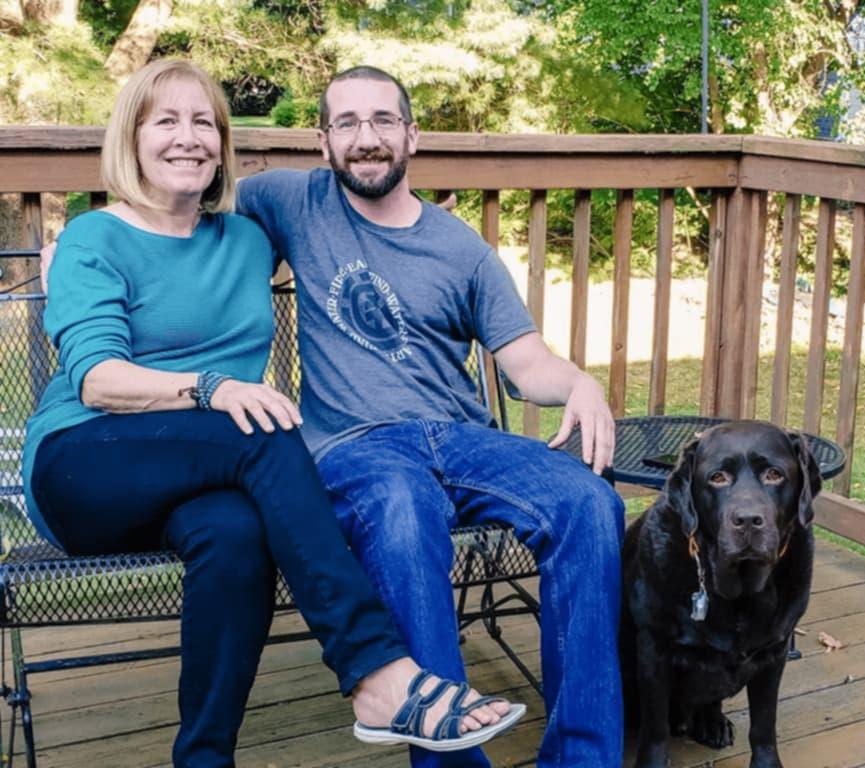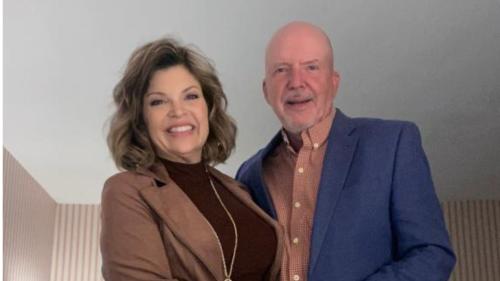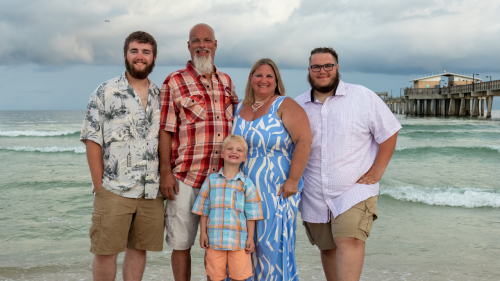
-
Understanding primary immunodeficiency (PI)

Understanding PI
The more you understand about primary immunodeficiency (PI), the better you can live with the disease or support others in your life with PI. Learn more about PI, including the various diagnoses and treatment options.
-
Living with PI
-
Addressing mental health
-
Explaining your diagnosis
- General care
- Get support
- For parents and guardians
-
Managing workplace issues
- Navigating insurance
-
Traveling safely

Living with PI
Living with primary immunodeficiency (PI) can be challenging, but you’re not alone—many people with PI lead full and active lives. With the right support and resources, you can, too.
-
Addressing mental health
-
Get involved

Get involved
Be a hero for those with PI. Change lives by promoting primary immunodeficiency (PI) awareness and taking action in your community through advocacy, donating, volunteering, or fundraising.
-
Advancing research and clinical care
-
Grants
-
IDF surveys
-
Participating in clinical trials
-
Diagnosing PI
-
Consulting immunologist
-
Clinician education

Advancing research and clinical care
Whether you’re a clinician, researcher, or an individual with primary immunodeficiency (PI), IDF has resources to help you advance the field. Get details on surveys, grants, and clinical trials.
-
Grants

“The old saying that it takes a village to raise a child is particularly true for a child with a chronic illness, such as chronic granulomatous disease,” says Barbara Meade. Barbara should know--her son Joseph was diagnosed with chronic granulomatous disease (CGD) at the age of two. This was the early 90s, the days before the internet exploded and the “village” was just a few keystrokes away. As many parents, Barbara and her husband John didn’t know much about CGD when Joseph was first diagnosed, and they were afraid of what the future might bring for him. So, they set to learn as much as they could.
“The first years of Joseph’s life were filled with infections,” says Barbara. “Around two years old, an infection of his lymph nodes finally led to the CGD diagnosis." Many questions began swirling through Barbara and John’s mind. How is it treated? What is the prognosis? Who else has it? They began looking for answers and soon found groups like the CGD Association and the Immune Deficiency Foundation (IDF). “These organizations were Heaven-sent,” says Barbara. “I became acquainted with IDF and its founder, Marcia Boyle, early in its history.” Barbara immediately became involved in IDF meetings and began networking to bridge the knowledge gaps.
Through these interactions, she learned about the CGD program and clinical trials at NIH and the doctors who specialized in taking care of CGD patients. The family traveled to NIH and Joseph eventually became a patient there. When first diagnosed, the clinical trials for gamma interferon had just been completed, so he was fortunate to immediately start this medication, which he continued for more than 19 years. These days, he is able to manage the condition for the most part by adhering to CGD guidelines and precautions along with a preemptive “cocktail” of antibiotics and antifungals.
Having a support network has meant a lot to Barbara and her family. “You can do endless research but once you start to network, it takes you to a different level.” Through on-ground programming, Joseph and his family established friendships with fellow patients, which Barbara feels helped her family to navigate the deep waters of the CGD journey. “Coping with your child’s CGD diagnosis is an ongoing process,” explains Barbara. “Really, our web of new friends filled in the care gaps and resulted in a more holistic approach to managing CGD.”
“One of my daughters recently had twins and she explained how nice it was to interact with other mothers of twins who understood,” says Barbara. “That is exactly how it is with parents of a child with CGD. Without our network of others on the path, our journey would have been quite different.”
Related resources

Thirty-year-old with APS type 1 advocates for her community

Susan finds "priceless" support system in the Immune Deficiency Foundation

Mother details harrowing journey to son's diagnosis and relief of finding the PI community
Sign up for updates from IDF
Receive news and helpful resources to your cell phone or inbox. You can change or cancel your subscription at any time.





The Immune Deficiency Foundation improves the diagnosis, treatment, and quality of life for every person affected by primary immunodeficiency.
We foster a community that is connected, engaged, and empowered through advocacy, education, and research.
Combined Charity Campaign | CFC# 66309

